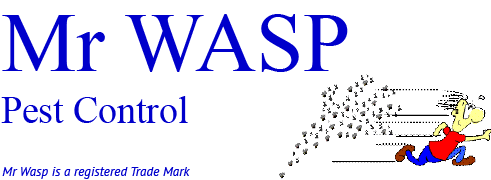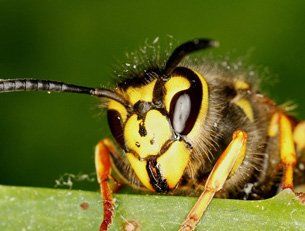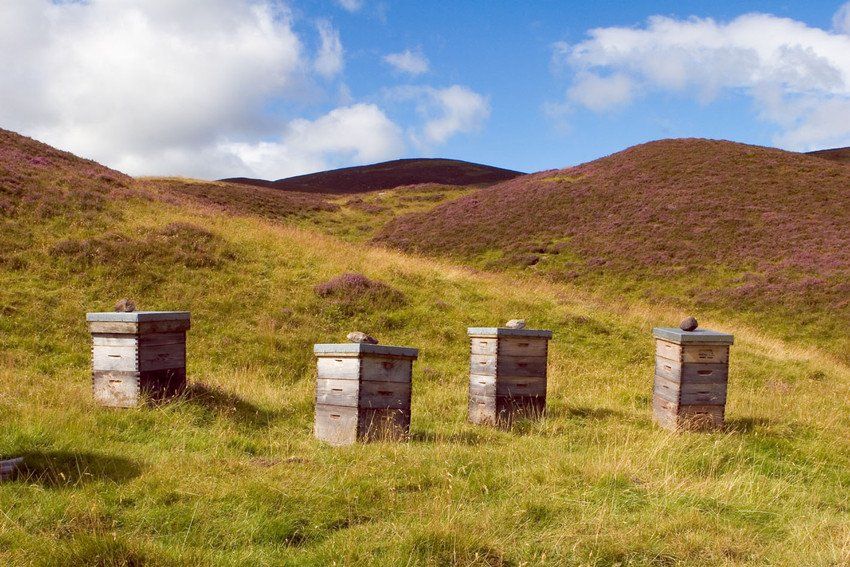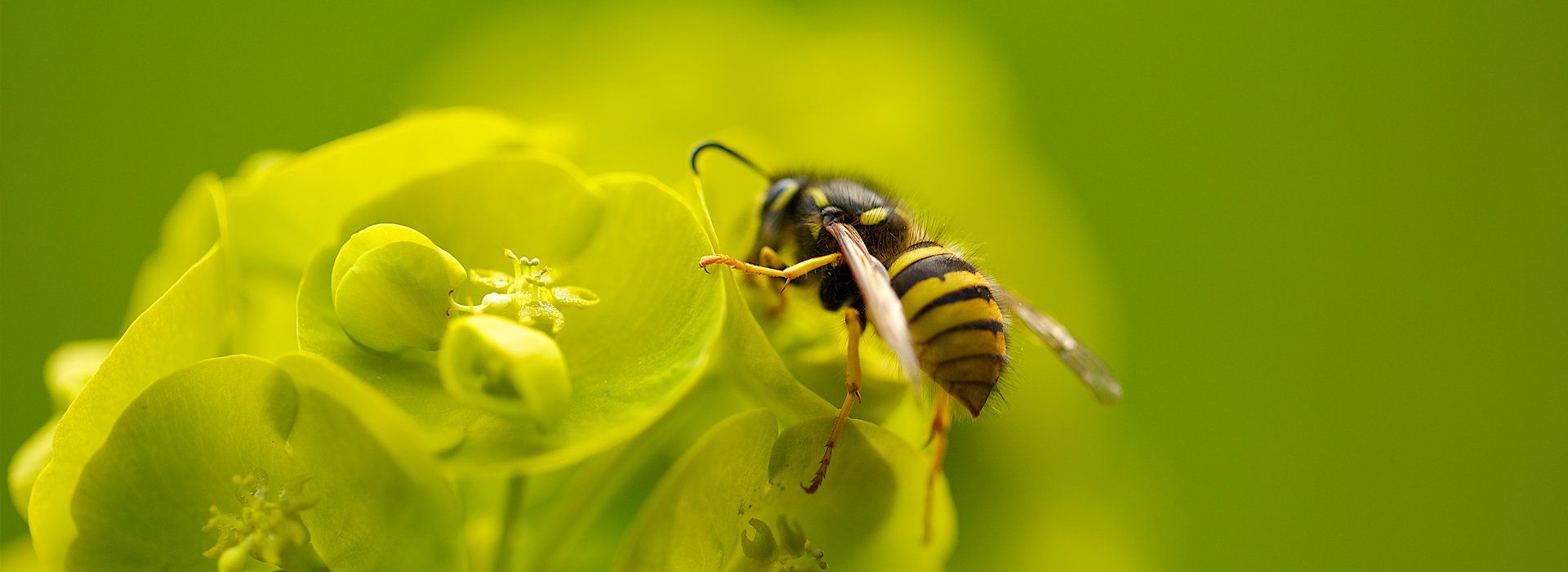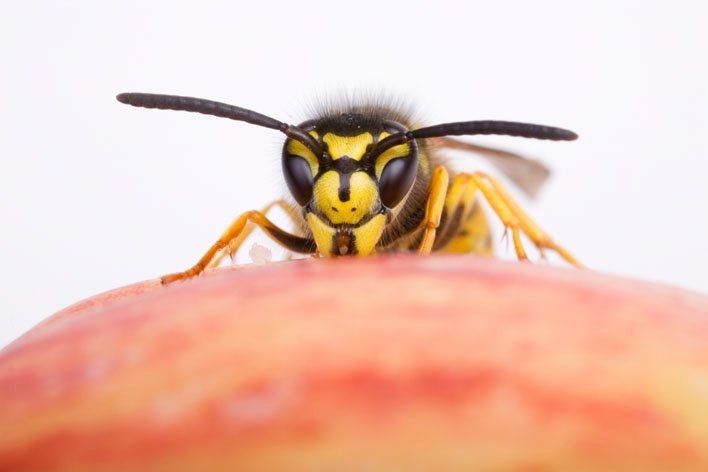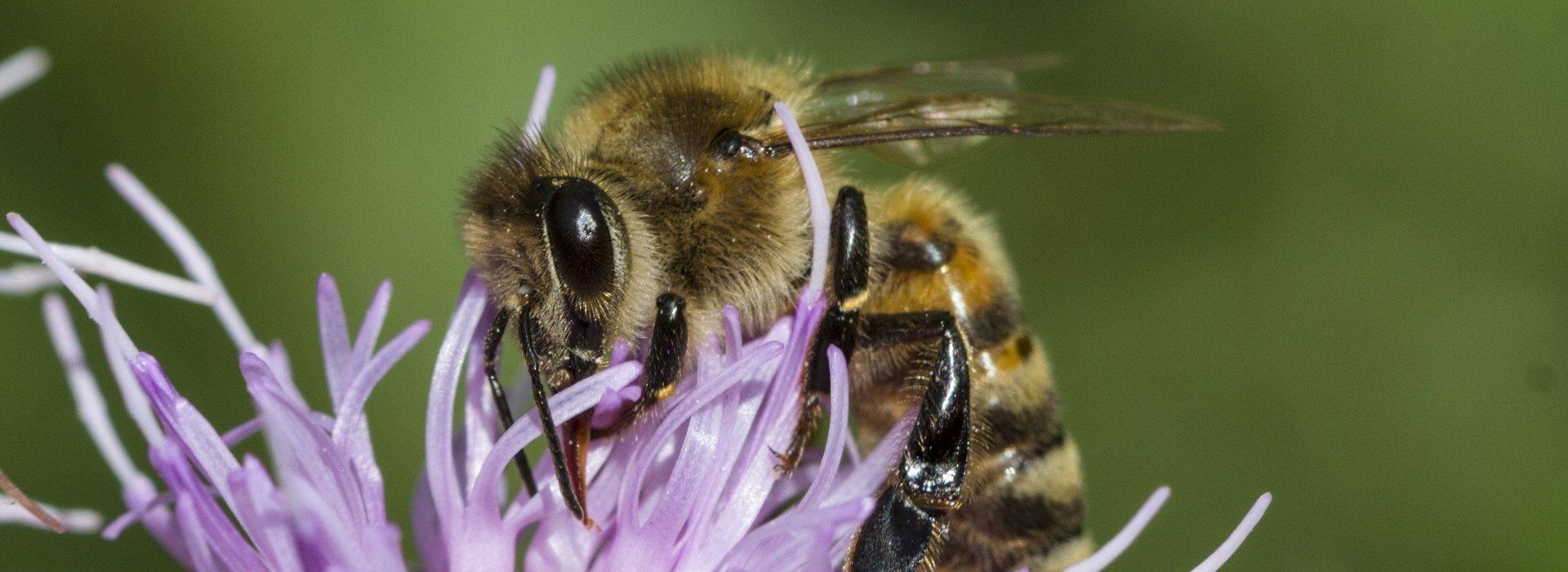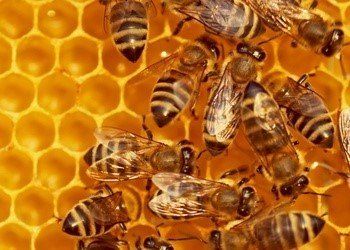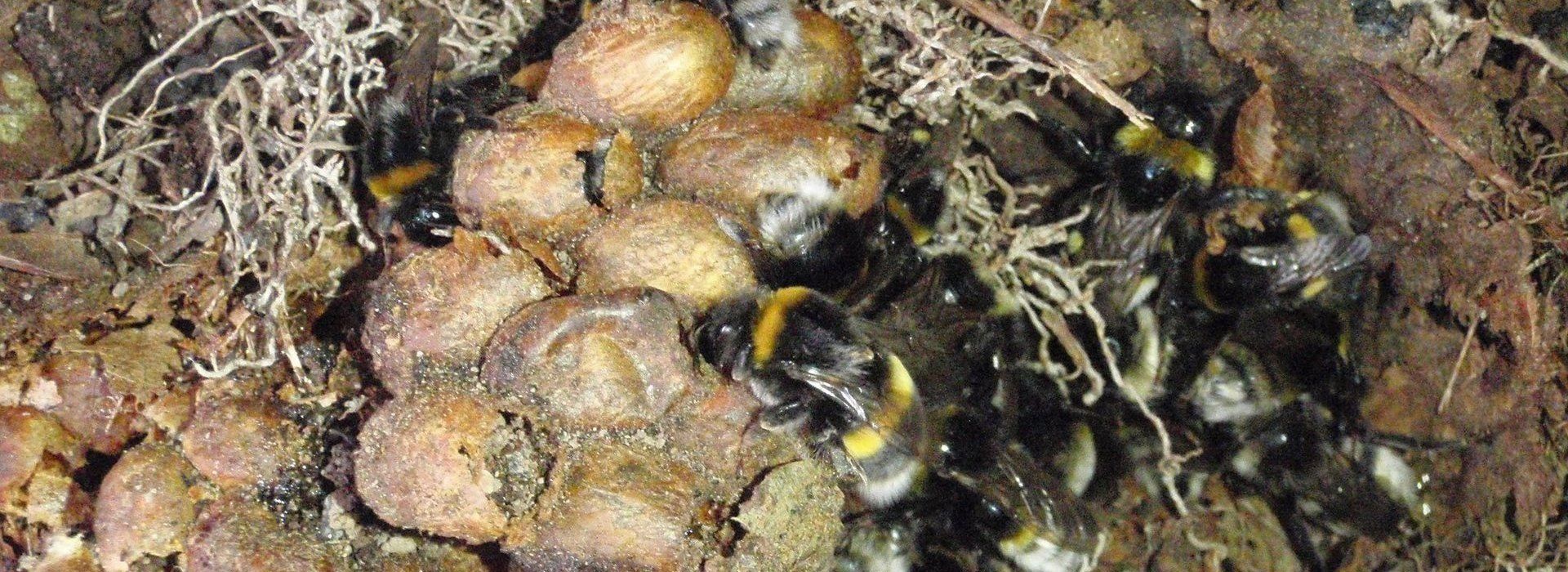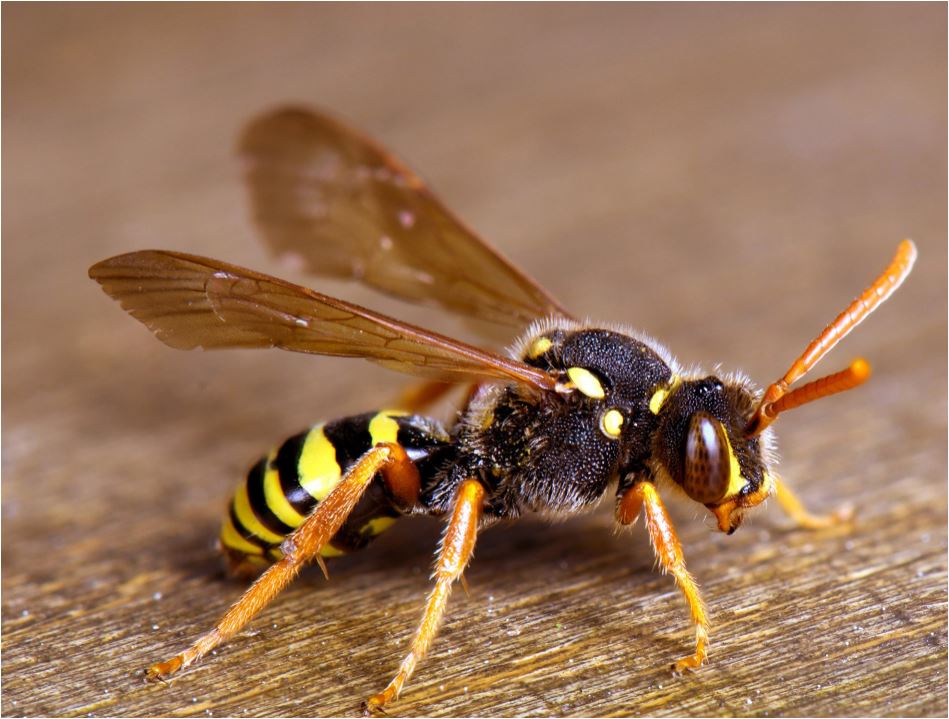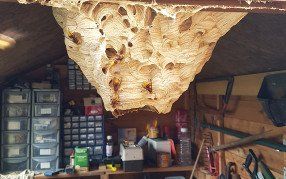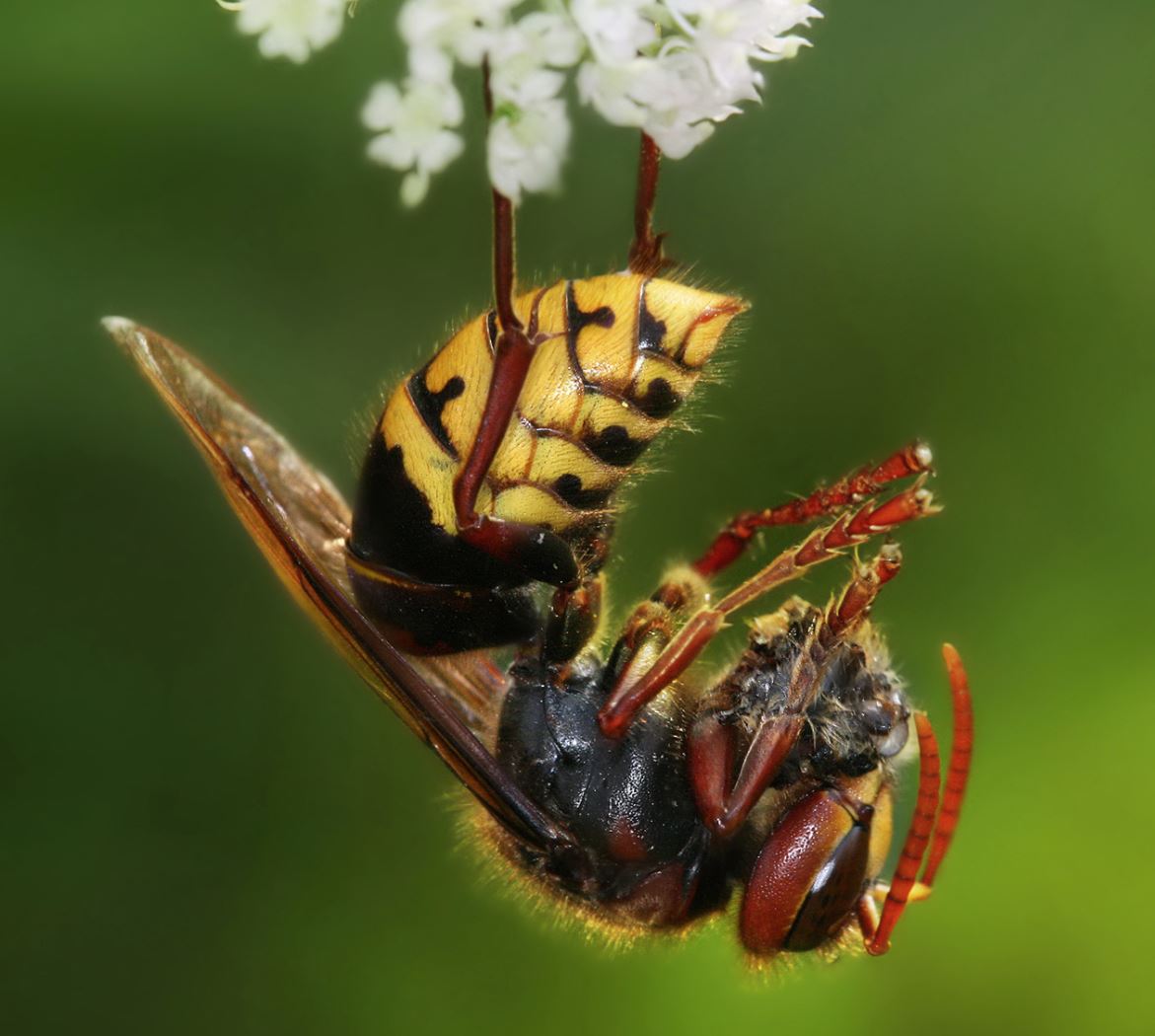What Happens to Wasps in the Winter?
Recently, we discussed what happens to bees in the winter - but bees aren’t the only insect affected by the colder weather! Wasps struggle much more throughout the winter months than they do in the summer and freezing temperatures can also kill them. If you get lots of wasps in your garden, you’ll notice that wasp populations tend to decline as we head into winter - but why?
Why do wasp populations decline in winter?
There are three main reasons why wasp populations drop throughout the winter months. These are:
The number one reason for reducing wasp populations is a lack of food. Over the winter, wasps struggle to find rich sources of nectar or fruit, which is what they feed on throughout the summer. As plants and flowers die due to the colder weather, wasps’ main food sources die with them.
Although harsh winters make it difficult for wasp colonies to survive, warmer temperatures also pose a threat. Warm winters encourage queens to emerge from hibernation earlier than expected, yet without plentiful food sources, they are very vulnerable to starvation. This means that colder winters are, in some ways, kinder to wasp colonies.
Typically, it is male wasps that have the hardest time throughout winter. While the queen wasps hibernate, male wasp populations deplete quite rapidly from September onwards. As a result, the reproduction process stops completely; it is not until spring that female wasps start laying eggs again.
It might sound like female wasps get the better deal, but not every female wasp will survive the winter. Typically, it is only queens (fertile female wasps) that hibernate. Hibernation can be tough, however, as starvation and predator attacks kill off the majority of hibernating queens.
Weak or hibernating wasps are easy prey for birds and other insects, including spiders, so many wasps are eaten during the colder months. Without enough food to sustain energy levels, wasps don’t stand much chance against stronger insects!
Mr Wasp: Professional pest control experts in Cardiff and the surrounding areas
Although wasps are fascinating, it’s important to remember that they can pose a threat to you and your pets. That’s why it’s important to contact Mr Wasp if you think you’ve spotted the tell-tale signs of a wasp colony on your property.
As professional pest control experts, we are well-equipped to remove wasp, bee and hornet nests from your home quickly, efficiently and safely. If you’re based in Cardiff or the surrounding areas, you know who to call.
Contact us at Mr Wasp to learn more about our services today.
